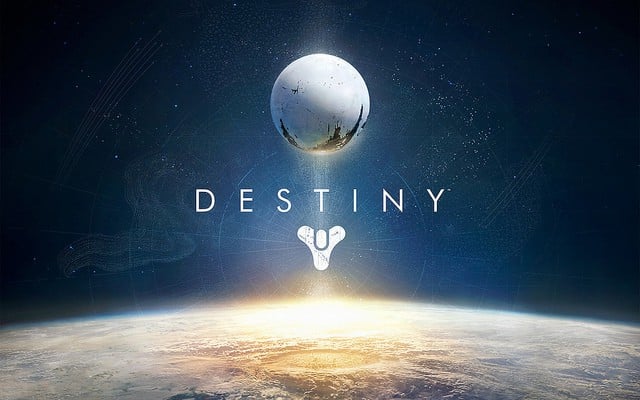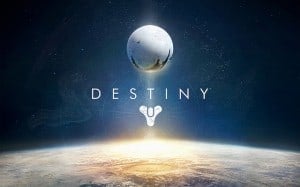Indiana Jones. The Godfather. Harry Potter. The Lord of the Rings. Star Wars. These are stories that, no matter the genre, are iconic in their scope and breadth, spawning commercial and critical success.
Such franchises are found, too, amongst video games. Mario. Link. Sonic the Hedgehog. World of Warcraft. Halo. All are video game franchises whose success has spawned sequels and expansions that have made their made their characters cultural icons.
Now Bungie, the software artists who created and guided the career of Master Chief through Halo, wants to redefine the boundaries of what a first person shooter is and how it’s played by creating seamless boundaries between single and multi-player action. Today, joining friends and strangers in these on-line endeavors often involves wading through several layers of menus and missed connections. Often, that experience is unsatisfying. If you manage to get online, the dissatisfaction only grows as 12 year olds scream obscenities and disparage your lineage while repeatedly frustrating your attempts to actually play the game; destroying your avatar over and over for hours on end. Any wonder why Bungie might want to re-shape this experience?
The goal at Bungie is for players to be able to pick up on in-game cues, rather than menus, and to make their own choice about when and who they’ll join in battle. For instance, rather than waiting for a complex series of menus, I’ll hear a fight going on near by or see the battle from a distance. Then, I can then make the decision to approach and join other players by engaging in the fight or continue on my merry way on a solo adventure.
Science fiction is, by definition, a genre of hope. Even the bleakest story setting of science fiction has a seed of hope because it has, as its base presumption, that there will be a tomorrow. Perhaps it is a tomorrow of danger and a seeming twilight of the human race, but there is a future, even if it holds little promise. Bungie has chosen to use that sense of hope as the starting proposition for its new franchise. We are asked to become the agents of hope; the ones chosen to re-awaken and re-invigorate our race and ensure that the promise of its tomorrow is realized.
With Destiny, Bungie seems to be rejecting darkness for a brighter future, where struggle leads to growth and renewal rather than desolation and isolation. While Bungie has eschewed the look of a clean and sterile future, it is choosing to place us in a setting and time where hope rests both with and upon us. In the conceptual artwork and video released so far, Bungie’s artists use light and images to bring a sense of expansiveness and possibility. This isn’t to say that the backdrops are all bright and cheery. Indeed, in Bungie’s first public showing of gameplay, the players travel in to a massive building abandoned long ago that is pitch black until the player’s robot assistant (voiced by the sublime Peter Dinklage) finds the switch and turns on the lights, and in the process turns on the enemies.
The breadth of the canvas that Bungie is painting is indeed broad. So far, Bungie has revealed that players will be able to explore Old Earth, the deserts of Mars, the garden-jungles of Venus and the desolation of Earth’s moon — all rendered in beautiful artwork using that theme of hope in its execution. These places appear both ancient and new; old in the sense that someone or something has long been occupying these spaces trying to undo what humanity had created there and new to the player, they hold a promise of what they might become once more if humanity can reclaim them.
Ignatian spirituality challenges us to acknowledge our past, as difficult and sinful as it may be, to look at what gifts we have at our disposal, and no matter the odds, to create a better future for all people by building up the Kingdom of God. A dramatic setting, laid against a reality of hardship and struggle, with a bright promise of salvation if we’re willing to risk and to band together to advance our communal future. Sounds a lot like the promise that God puts before each and every one of us. God calls us not to become legend, but to become fully human and in doing so, to become who He created us to be. God has given us all the capacity and placed the tools in front of us to accomplish this, but it requires our response to come to fruition. Hope will lay, as it always does, on us to be realized.



